We Provide The Best Services At MYTRI


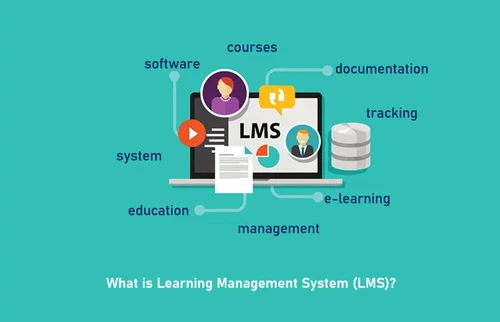
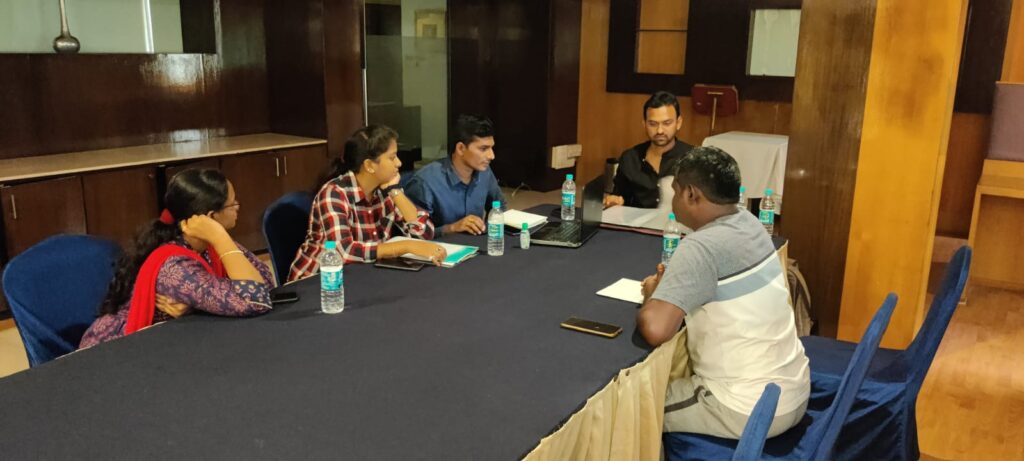

Business Strategy

App Development

Digital Marketing

SaaS Development

Our Story
Pioneering Excellence in Tech for Over 10 Years
MYTRI SERVICES was founded by Mr. Shiva Prasad Kotapati in 2020 with a small team of passionate software developers. Our vision was to transform the tech industry with high-quality, innovative solutions.
Starting with local projects, we quickly built a reputation for excellence. Over the years, we’ve grown into a dynamic company with a diverse team of experts, expanding our services and client base significantly.
Today, we serve clients across various industries, providing cutting-edge software solutions that drive business success. Our journey is fueled by innovation, integrity, and a relentless pursuit of excellence.
From humble beginnings to industry leaders, we’re shaping the future of technology, one project at a time.
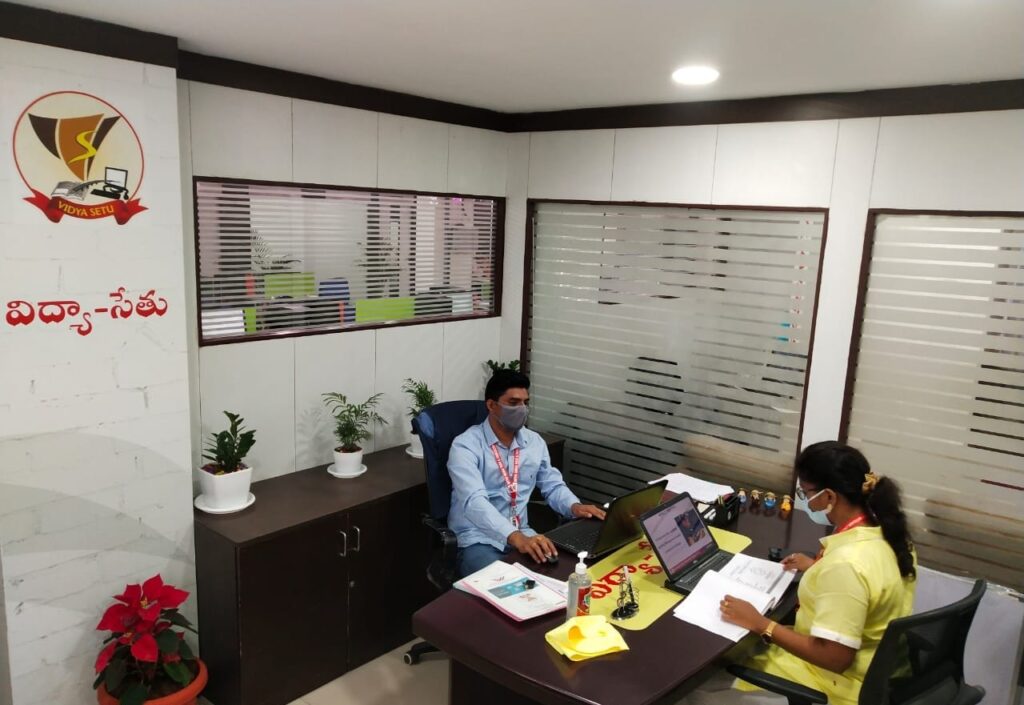
General Manager
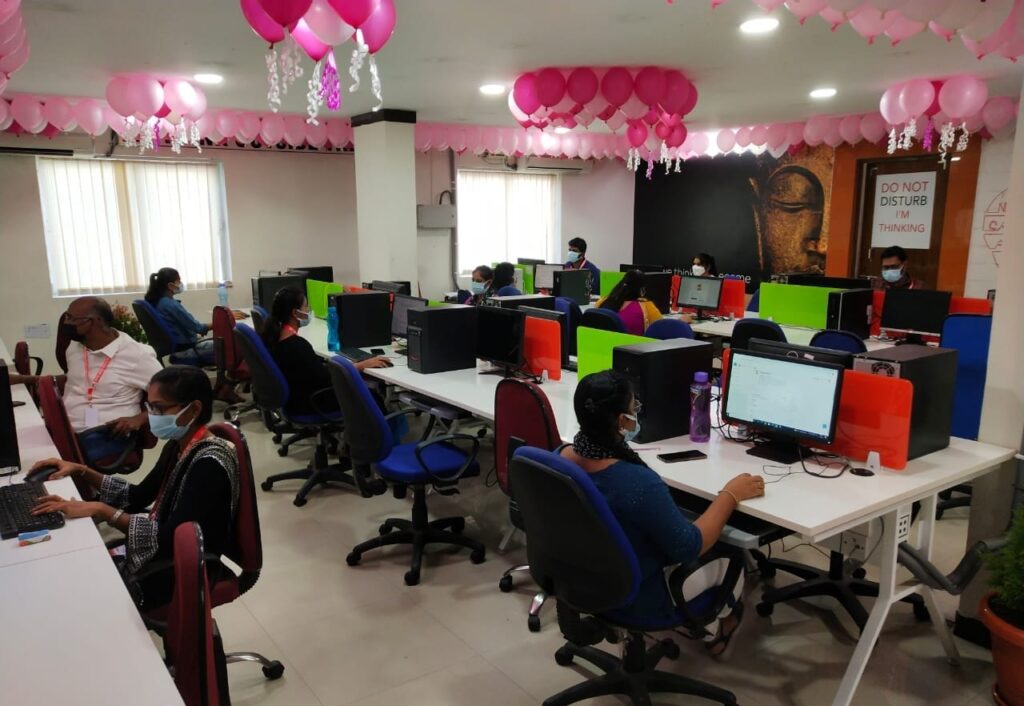
OUR STAFF

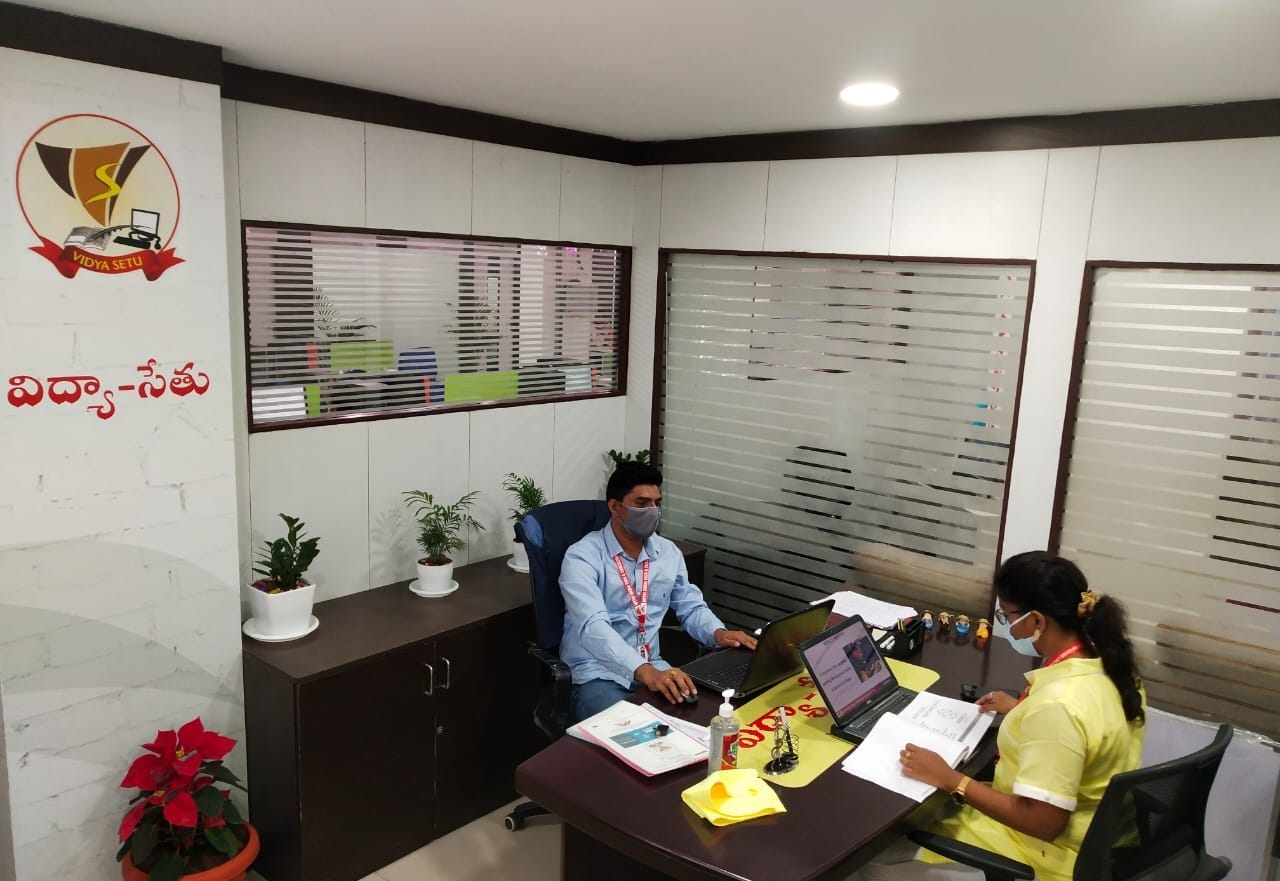
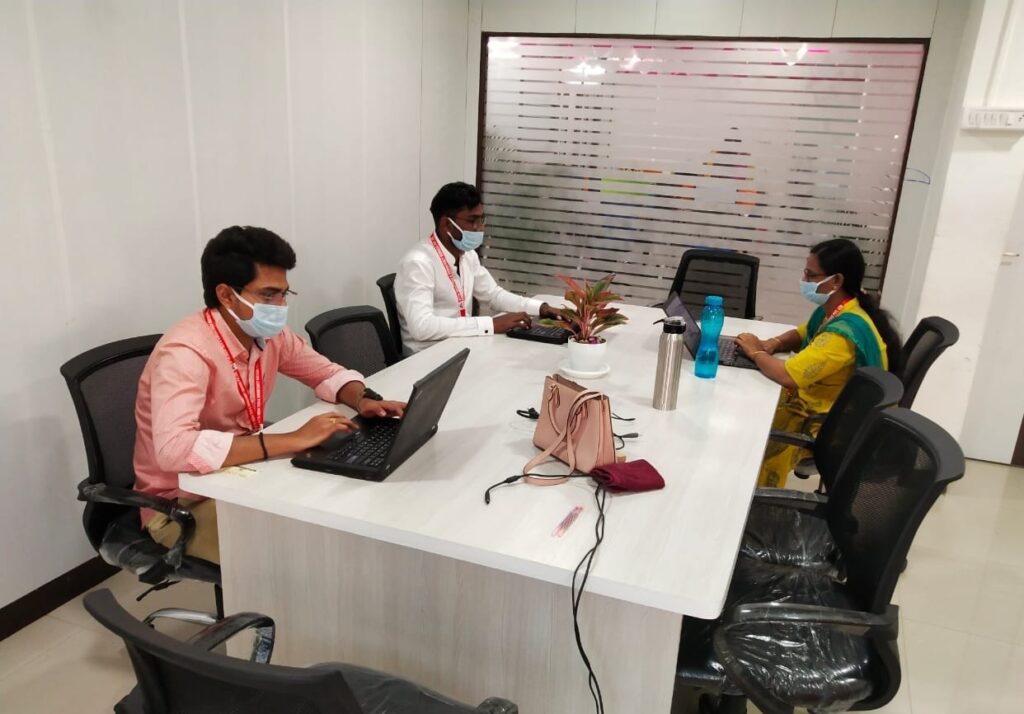

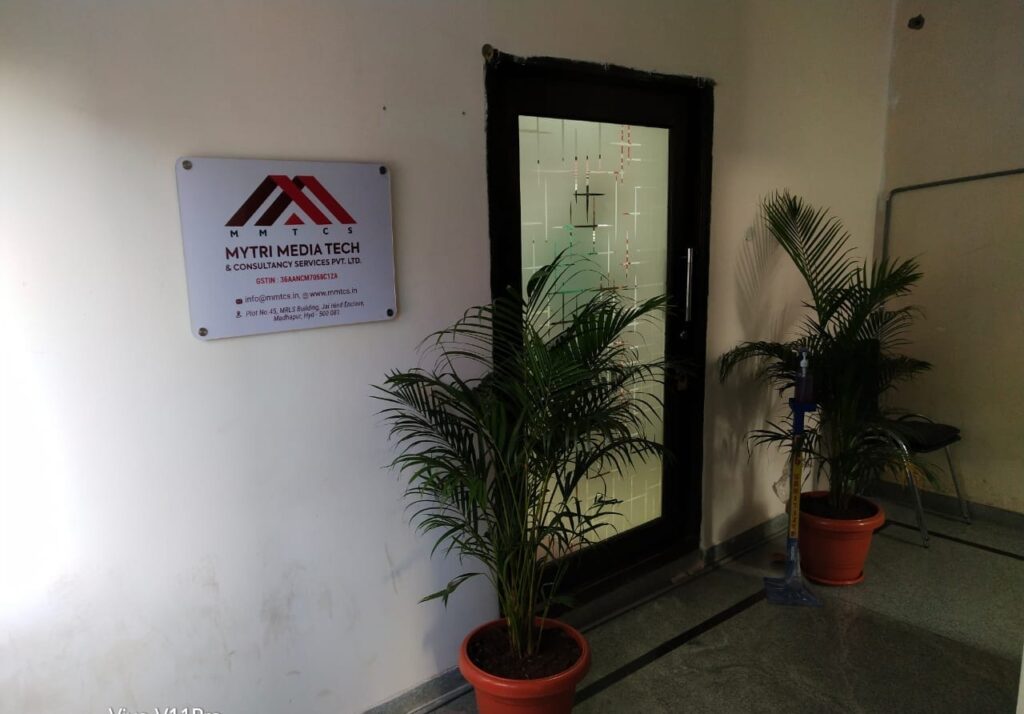
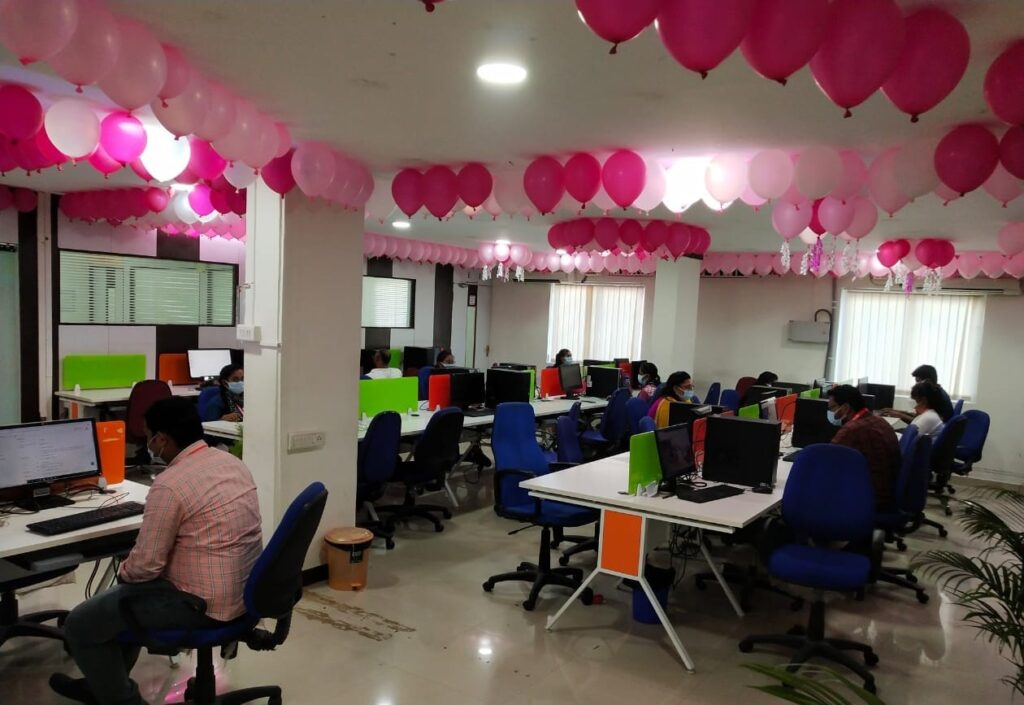


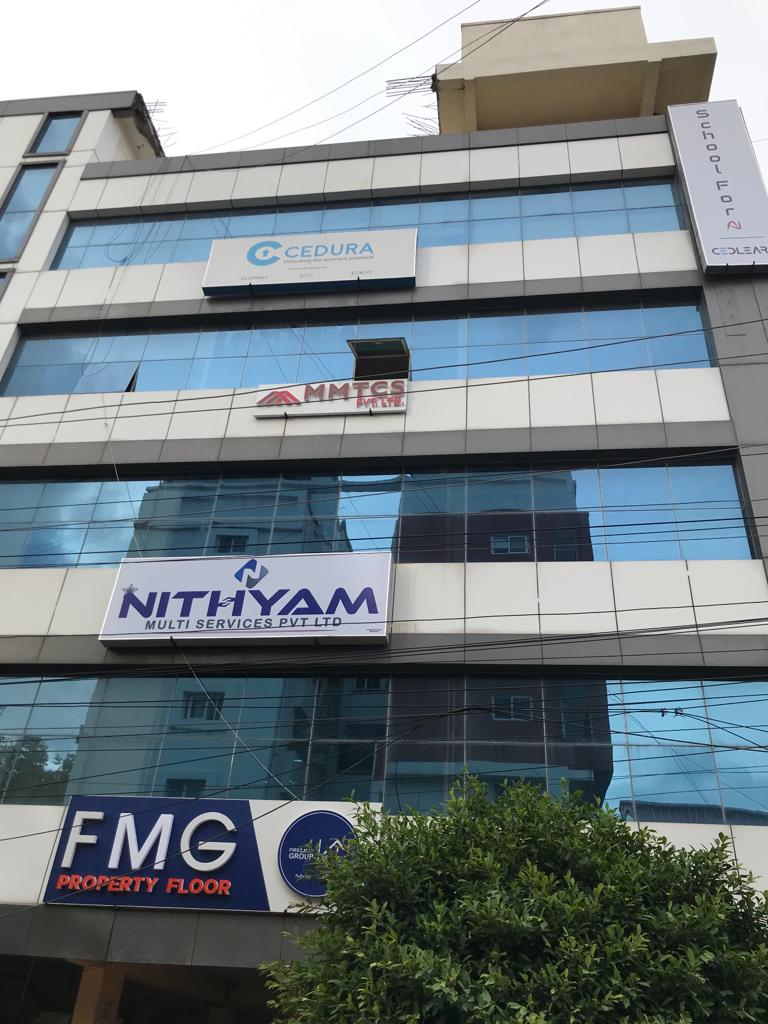
Mission & Goal
A Commitment to Excellence, Crafting Our Legacy!
Our goal at MYTRI SERVICES is to empower businesses with innovative software solutions that enhance efficiency, drive growth, and foster success. We aim to be a trusted technology partner, delivering high-quality, reliable, and scalable software that meets the unique needs of each client.
By staying at the forefront of technological advancements and maintaining a customer-centric approach, we strive to create lasting value and make a meaningful impact in the tech industry.
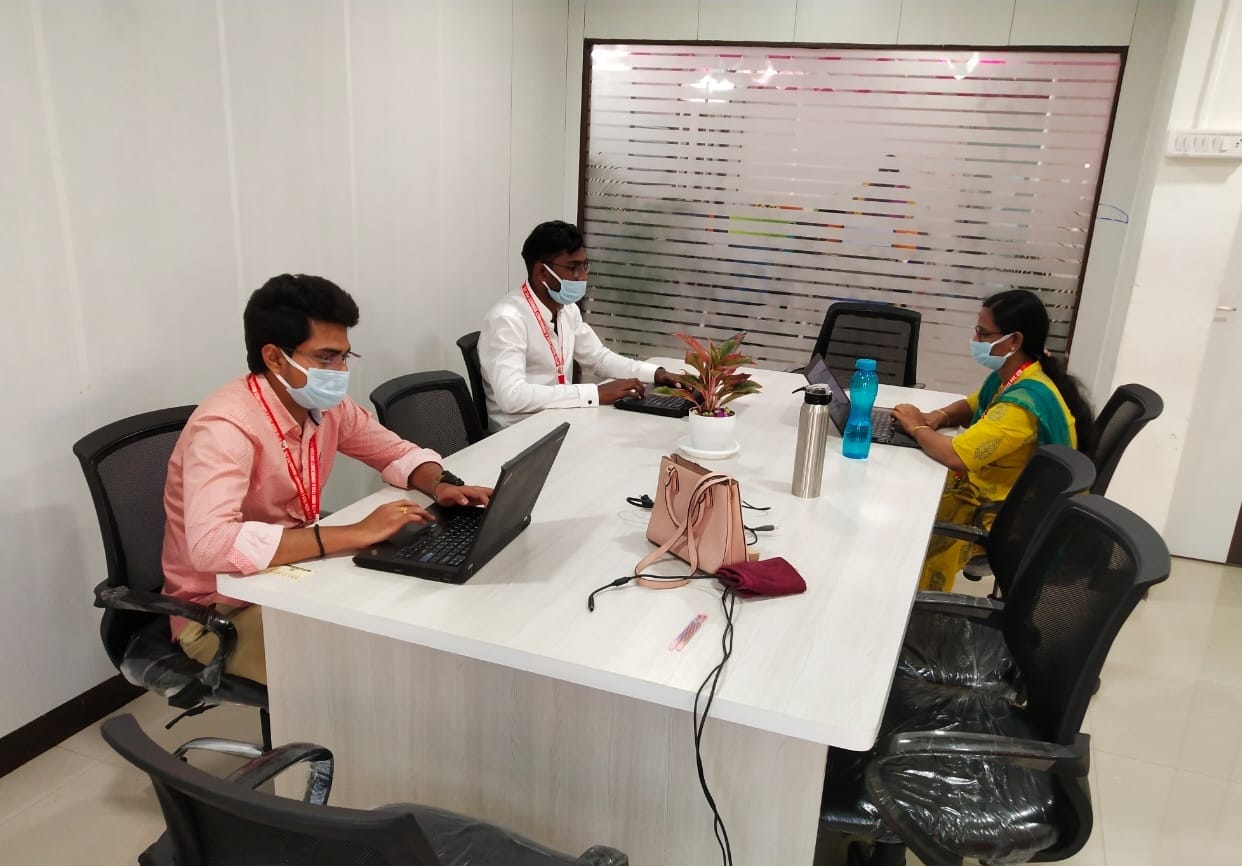
Learning Management System (LMS) services refer to software applications designed to deliver, track, and manage training and educational courses. These services often include features such as:
- Course Creation: Tools for instructors to create and manage online courses, including multimedia content.
- User Management: Features for enrolling users, tracking progress, and managing permissions.
- Assessment Tools: Quizzes, tests, and assignments to evaluate learner performance.
- Reporting and Analytics: Dashboards to analyze user engagement and learning outcomes.
- Mobile Learning: Access to courses via mobile devices for flexibility.
- Integration Capabilities: Ability to connect with other systems, such as HR software or content libraries.
- Communication Tools: Forums, messaging, or notifications to facilitate interaction between learners and instructors.
Popular LMS platforms include Moodle, Canvas, Blackboard, and Google Classroom, each offering unique features suited
for different educational needs.
Key Features to Consider
- User-Friendly Interface: Ease of use for both educators and students.
- Integration Capabilities: Ability to integrate with other tools and systems.
- Customization: Options to tailor the software to specific educational needs.
- Mobile Accessibility: Support for mobile devices for on-the-go learning.
- Data Security: Strong measures to protect sensitive student information.
- Industry Trends
- EdTech Growth: Increasing investment in educational technology, particularly due to remote learning needs.
- Personalized Learning: Focus on adaptive learning technologies that cater to indivial student needs.
- AI and Analytics: Use of artificial intelligence for data analysis and personalized learning pathways.
If you have specific requirements or are looking for recommendations, feel free to share!
